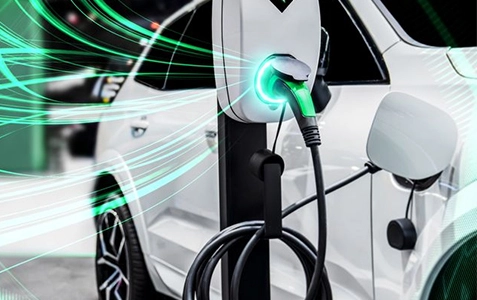
Boron trifluoride has been widely recognized as a valuable electrolyte additive for improving the cycle life of rechargeable lithium batteries. Electrolytes, which are critical to the stable cycling of lithium metal batteries, benefit significantly from the unique properties of boron trifluoride and its derivatives. For instance, the BF3 dimethyl etherate and boron trifluoride dimethyl etherate complexes are highly effective in enhancing performance. Additionally, in carbonate-based systems, the boron trifluoride dimethyl carbonate complex offers excellent results by improving electrolyte stability and ensuring prolonged battery life.
Other notable derivatives, such as boron trifluoride acetonitrile complex, boron trifluoride methanol complex, and BF3 THF complex (boron trifluoride tetrahydrofuran complex), can also be explored for advanced battery applications. These variants offer flexibility in the development of electrolyte formulations for lithium battery systems.
The application of boron trifluoride and its derivatives in lithium battery electrolytes not only improves cycling performance but also reduces environmental pressure by boosting power generation efficiency. Specifically, additives like the boron trifluoride ether complex enhance the electrochemical stability of the batteries.
Furthermore, complexes such as boron trifluoride acetic acid complex, boron trifluoride ethyl ether complex, and boron trifluoride methanol complex solution play significant roles in optimizing electrolyte composition for greater efficiency. With the addition of these boron trifluoride derivatives, the rechargeable lithium battery industry continues to see advancements in both sustainability and performance.
Other compounds like trifluoroboron, boron iii fluoride, and bor trifluorid also highlight the versatility of boron trifluoride chemistry in battery innovation. These developments emphasize the importance of boron trifluoride-based solutions in achieving efficient, eco-friendly energy storage systems.